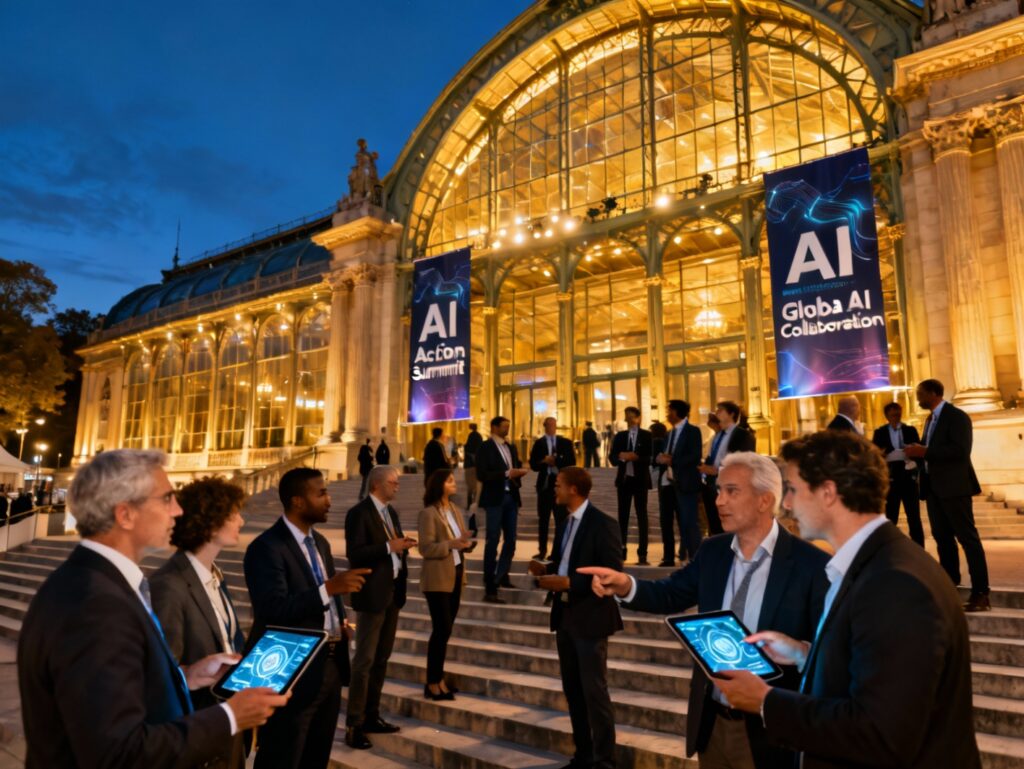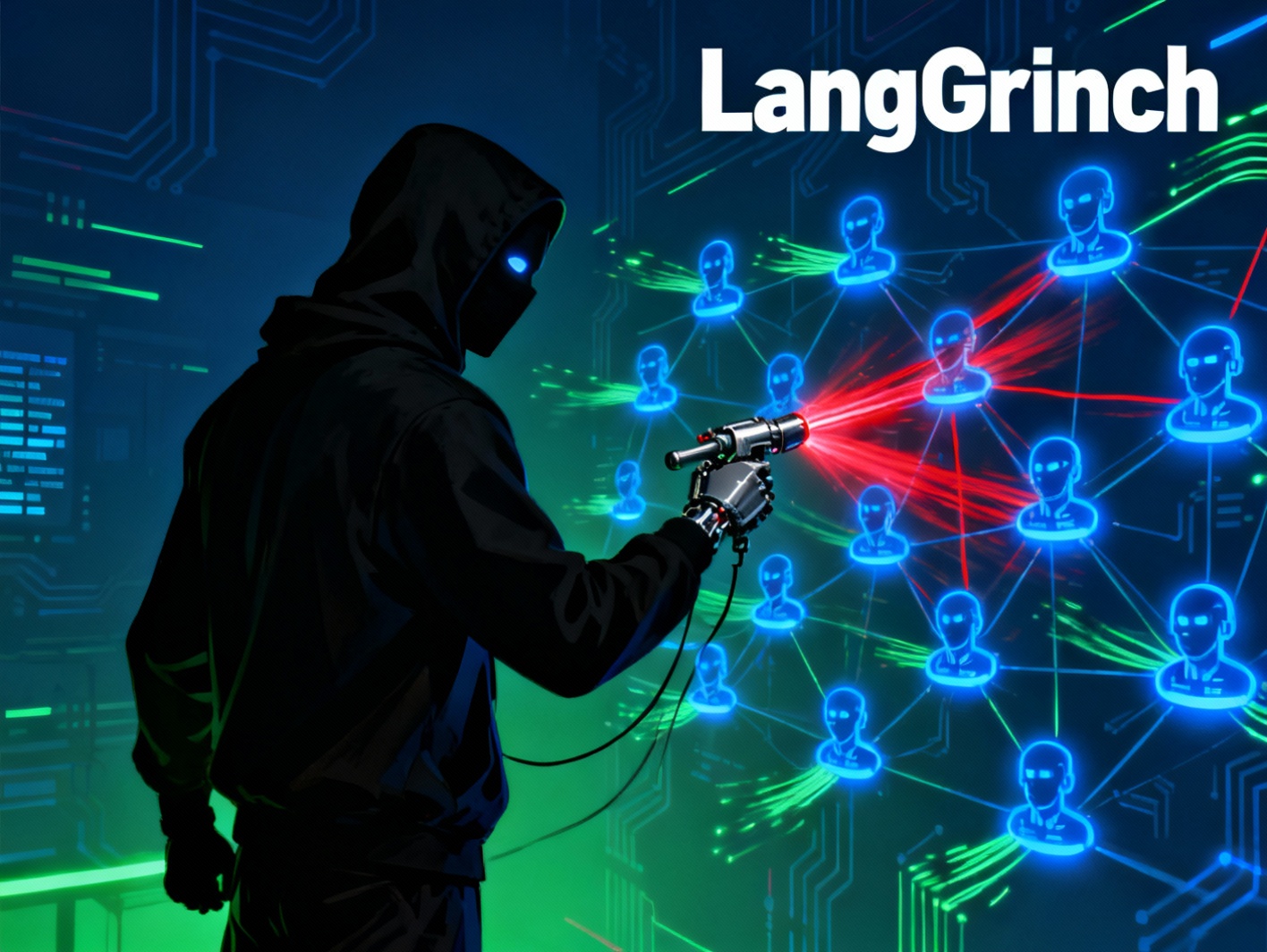
Table of Contents
- Introduction
- France’s Strategic Vision for AI Leadership
- Major Investments Fueling AI Growth
- Infrastructure Developments and Supercomputing Initiatives
- Integrating AI into the Economy and Public Administration
- European Collaboration and Regulatory Strategies
- Future Outlook: Annual AI Summits and Global Positioning
- Conclusions
France is making a decisive leap forward in the global race for artificial intelligence leadership. Under the direction of President Emmanuel Macron, the country is embarking on an ambitious, multi-faceted plan to accelerate AI integration across all layers of society. This strategy combines vast investments, bold infrastructure expansion, and strong European partnerships to build a robust ecosystem that enables innovation while safeguarding ethical standards and sovereignty. With a clear vision and committed collaboration from public and private sectors, France is poised to become a central hub in the global AI revolution.
France’s Strategic Vision for AI Leadership
President Emmanuel Macron is positioning France as a powerhouse in the global AI sector, capitalizing on the nation’s unique strengths to build a sustainable and innovative AI ecosystem. One of France’s biggest advantages is its highly educated talent pool, especially in mathematics, data science, and engineering. Many international AI companies have already established research labs in Paris, acknowledging the availability of skilled professionals.
France’s robust startup environment also supports fast innovation in AI. Home-grown startups are thriving thanks to supportive government policies, a growing venture capital scene, and strong academic-industry linkages. Institutions like INRIA and Polytechnique continue to provide essential research support and human capital, advancing cutting-edge AI developments.
Another asset in France’s AI vision is its focus on green energy. As AI models require significant computing resources, France’s low-carbon power mixture—heavily reliant on nuclear and renewables—makes it particularly attractive for data-intensive industries. Leveraging clean energy positions the country to house AI supercomputing facilities in an environmentally responsible way.
This strategic mix of intellectual capital, dynamic entrepreneurship, and clean energy lays the foundation for France to elevate its status as a global AI leader. Macron’s long-term vision is one where France not only competes, but helps shape the international norms and future direction of artificial intelligence.
Major Investments Fueling AI Growth
At the core of President Macron’s AI strategy is a strong influx of financial backing, including an unprecedented pledge of €109 billion from private investors. This massive investment aims to fund high-impact AI initiatives ranging from infrastructure development to startup acceleration and research labs. The funding commitment reflects growing confidence in France as a fertile ground for AI leadership.
One of the standout contributors is the United Arab Emirates, which views France as a strategic partner for creating future-ready AI technologies. Another key player is the Brookfield Corporation from Canada, known for investing in sustainable infrastructure. These collaborations are not only financial but also strategic, signaling global recognition of France’s potential in AI.
The funds will fuel several priority areas: constructing data centers, expanding cloud services, enhancing supercomputing capacity, and enriching the AI startup ecosystem. Specific support mechanisms will also be created to bridge the gap between research and market application—ensuring that academic breakthroughs translate into scalable solutions.
Government involvement ensures that these investments are structured to support national interests, particularly technological sovereignty and ethical accountability. Coupled with regulatory clarity and long-term vision, these financial commitments are expected to transform France into an AI innovation hub that fosters both commercial success and democratic values.
Infrastructure Developments and Supercomputing Initiatives
Supporting France’s AI ambitions requires vast and forward-looking infrastructure. One of the central elements of this effort is the development of a fifth strategic priority site in Dunkirk, with planned capacity exceeding 700 megawatts. This site is designed specifically to house energy-intensive digital activities such as data centers and high-performance compute clusters. Its proximity to reliable low-carbon energy sources adds to its strategic importance.
Another major investment is the launch of the exascale supercomputer ‘Alice Recoque’, named in honor of one of France’s pioneering computer scientists. Expected to be among the most powerful computing systems in Europe, this supercomputer will be vital in training large language models, conducting simulations, and enabling breakthroughs in areas like climate modeling and drug discovery. It positions France at the forefront of scientific and technological computation.
These infrastructure projects speak to a larger strategy: guarantee local capabilities for cutting-edge AI development while ensuring energy efficiency and technological independence. By offering home-grown compute power, France reduces its reliance on foreign cloud providers and boosts its ability to innovate securely and sustainably.
Combined, these initiatives create the physical foundation for France’s AI dreams. They not only enable the high-level computation AI demands but are also structured to operate within ethical and environmental parameters—two values at the core of the French approach to digital advancement.
Integrating AI into the Economy and Public Administration
France is not only building infrastructure and investing in AI; it is also crafting a roadmap for real-world integration. One key initiative involves the deployment of 300 AI ambassadors across French businesses. These experts will serve as guides and consultants, helping companies—especially small and medium-sized enterprises—understand and implement AI tools effectively and ethically.
This grassroots strategy is matched by a broader effort to build AI capacity in public services. The government has committed to training 50,000 civil servants by 2026. These officials will be taught how to apply AI in processes ranging from health care diagnostics to workforce planning and urban development. This focus on upskilling ensures that AI adoption is not only a matter of private-sector growth but also of public-sector transformation.
Sector-specific pilots have already emerged in education, healthcare, and transportation. For instance, predictive algorithms are helping schools allocate resources and public hospitals optimize scheduling and patient flows. By providing both strategic support and training, France aims for a widespread yet responsible integration of AI.
The real power of these measures lies in their inclusivity—by democratizing access to AI tools and skills, France ensures that the benefits of the AI revolution are shared broadly across regions, industries, and social classes.
European Collaboration and Regulatory Strategies
For France’s AI vision to truly thrive, it cannot operate in isolation. President Macron has emphasized the urgent need for a unified European strategy on AI. One core element of this strategy is simplifying regulatory frameworks across the EU. By easing cross-border collaboration, Europe can become a coherent and agile AI market, instead of a patchwork of fragmented national policies.
France advocates for stronger public and private investments at the European level, especially in foundational AI technologies such as cloud platforms, semiconductors, and large language models. Macron has urged the European Commission to act swiftly and decisively in this domain, warning against regulatory stagnation that may render Europe technologically dependent on other regions.
A critical issue is market protection. European firms often compete on uneven playing fields when global tech giants dominate data access and compute resources. France proposes mechanisms that secure digital sovereignty while promoting open, ethical AI innovation.
Macron envisions a European AI ecosystem that balances competitiveness and principle—pushing ahead with innovation while embedding high standards for privacy, transparency, and fairness. In this vision, France plays a leadership role: not only advancing AI within its borders but also helping steward Europe’s broader digital destiny.
Future Outlook: Annual AI Summits and Global Positioning
To further consolidate its leadership in AI, France is proposing the establishment of AdoptAI as an annual international AI summit. This conference would convene governments, researchers, businesses, and civil society to explore the challenges and opportunities of artificial intelligence. It would serve as a global platform for dialogue, policy shaping, and showcasing the latest innovations.
The idea is to make Paris a regular meeting point for the most influential voices in AI. Discussions would address regulatory frameworks, cross-border collaboration, and ethical guidelines—all while enabling new partnerships and spotlighting emerging technologies. France wants to ensure that these conversations stay grounded not only in technical advances but also in societal impact and values.
By fostering global coordination and transparency, AdoptAI would complement France’s national efforts with a strong international dimension. It is also a signal that France sees itself not just as a user or funder of AI, but as a convening power capable of defining the global agenda.
This initiative reflects France’s deep commitment to long-term influence in AI governance and innovation. By institutionalizing international cooperation, the AdoptAI summit lays a cornerstone for a sustainable, inclusive, and ethically guided AI future.
Conclusions
France’s bold, multi-layered AI strategy reflects a deep understanding of what it takes to lead in the digital age. From mobilizing massive investments and constructing world-class infrastructure to embedding AI across sectors and leading at the European level, the country is building a foundation that combines technological excellence with democratic values. President Macron’s push is not just about catching up—it is about shaping the global AI future on France’s own terms. As the AI landscape rapidly evolves, France’s approach offers a balanced model of innovation, responsibility, and sovereignty for the world to watch.










